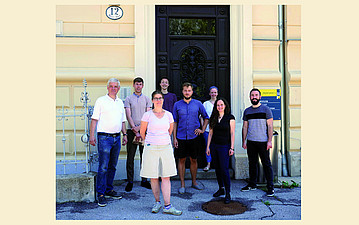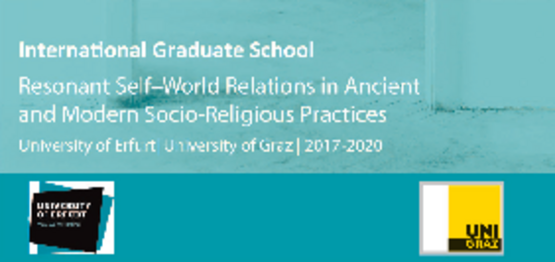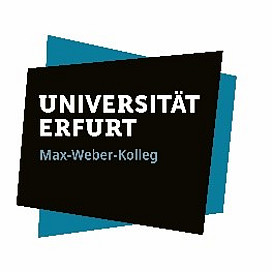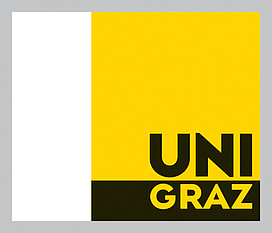About the doctoral program
With the International Graduate School, the Universities of Erfurt and Graz plan to foster collaborative research in the fields of contemporary Sociology and Classical and Ancient studies. The aim is to provide an institutional base for studies comparing the self—world relations that are established or reflected and sustained in social, and especially religious practices in Mediterranean antiquity with those in the contemporary (late) modern period. Combining and confronting different methodological traditions and different periods offers new perspectives for research as well as in the training of doctoral students.
Ritual practices have always been a crucial element of cultural research, for they provide a key to understanding differences in cultural belief systems and social order. Thus, the differences and changes within circum-Mediterranean antiquity have been reconstructed as the differences between polytheist and monotheist rituals and beliefs, urban (polis) societies and autocracies. The central assumption of our IGDK is that these ritual practices have to be taken much more seriously and need to be analysed and understood as socio-religious practices establishing highly significant and particular relationships between self and world. We claim that in those ritual practices, particular persons, objects or places are bestowed with a power that makes them resonant, i.e. responsive to the embodied subject, in particular ways. Processes of sacralisation configure and stabilise this kind of ‘resonance’.
The first phase of the interdisciplinary Graduate School aims at an inventory of the various forms that relationships to the world can take by developing typologies of socio-religious practices that establish resonant relations to objects and relationships to the transcendent. The second phase will introduce an analysis of the complex interactions between resonant and non-resonant relationships to the world and to experiences of resonance in particular. The combination of historical case studies from religiously different ancient cultures and contemporary empirical and sociological studies will offer a unique opportunity for comparison and allow the theoretical approaches that inform these studies to be advanced and refined. The types thus identified will serve as historical-heuristic tools for the reconstruction of self-world relations in antiquity and the present era alike. This will allow for new contextualisations for what have hitherto been considered isolated practices relating to objects, bodies, stories, space and the transcendent realm, but is increasingly considered to be based in fundamental cognitive processes and expressive forms equivalent to intellectual beliefs.
Doctoral positions are open for the study year 2023/24. Deadline extended (end of April. For further information on the call see here.






